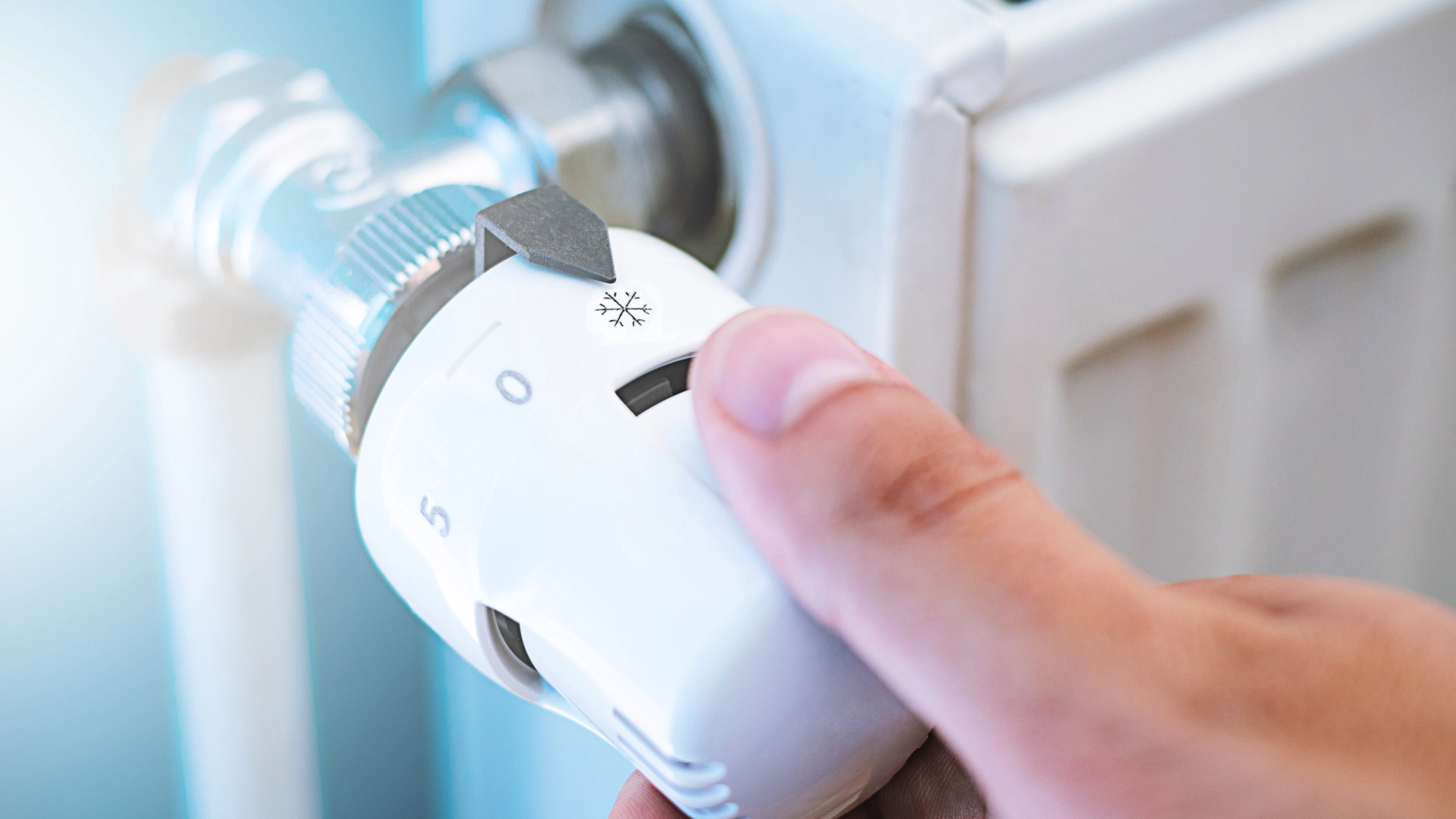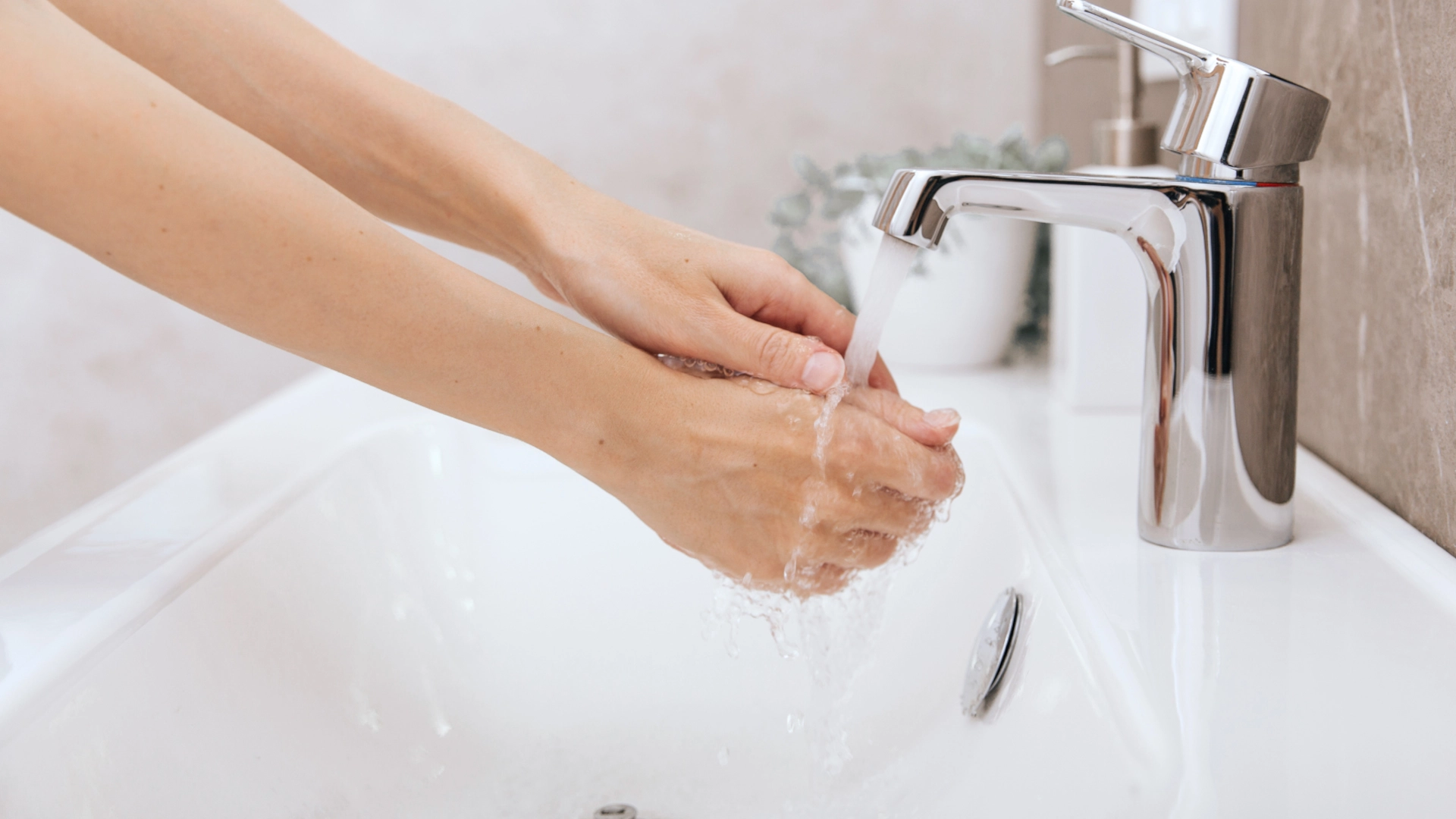Saving electricity costs
Declare war on power guzzlers - because with every kWh you save, you reduce your electricity costs. Therefore, you should know how high the consumption of each electrical appliance actually is.
filter_1
Pay attention to energy efficiency classes
When purchasing new appliances, pay attention to the energy efficiency class (EEC), which is indicated on the EU energy label of the appliance. In 2021, the energy label was changed and no longer contains plus classes such as 'A+++' or 'A++'. The scale of energy classes now ranges from A (best) to G (worst). If possible, choose an appliance with low energy consumption and save energy costs in the long term. Many appliances with a good or very good efficiency class not only protect the environment, but also end up costing less over their service life than a cheap 'energy guzzler'.
filter_2
More light for less energy
Use modern LED lamps for lighting. This will save energy and money. LED stands for "Light Emitting Diode". Compared to outdated light sources such as incandescent lamps, LEDs offer advantages in terms of energy efficiency, quality and service life. When buying, also look out for the EU energy label, which identifies energy-saving models. For this label, too, the scale was adjusted in 2021 and now ranges from A (highest efficiency) to G (lowest efficiency).
filter_3
Avoid stand-by losses with TV & Co.
Stand-by operation of electrical devices is practical, but also expensive. Therefore, it is better to connect the TV, receiver, WLAN router and the like to a power strip that can be switched off at night and during the day when no one is at home. Tip: If you tend to forget to switch it off, you can solve this problem with a timer.
filter_4
Energy-saving tips for PC & co.
Set the screensaver on your computer or laptop so that it starts after a five-minute break. It would be even better to go without the screensaver and instead use the energy-saving mode of the device. You can also save electricity by reducing the brightness of the display. Don't forget: When you are not using the devices, simply unplug them to avoid stand-by losses. It is best to switch off the WLAN router over night.
filter_5
Smart cooking and baking
Select the size of your cookware to match the diameter of the hob. If the cookware is too small on a large hob, up to 20 percent heat is lost. Compared to a curved base, a flat pot saves 15 percent energy. If you consistently leave the lid on the pot, you can save another 60 percent. Use as little liquid as possible when cooking. This shortens the preparation time of your food. Cooking with a litre of water consumes a whole 25 percent more energy compared to a quarter of a litre. Use pressure cookers to save up to 50 percent of energy and time. Switch off the hob 5 minutes before the end of the cooking time and use the residual heat. Save electricity by including the kettle when cooking - for heating spaghetti water, for example. Cooking eggs with the egg boiler also uses four times less electricity than 'the normal way' on the stove.
filter_6
Cooling energy-efficiently
Open the door of the refrigerator only as briefly as necessary, as the warm air that enters easily leads to ice formation and thus to an increase inelectricity consumption. Regularly check the temperature setting. Inside the refrigerator, 7 °C is perfectly adequate. For freezers, a temperature of -18 °C is sufficient. Every degree less costs 10 percent more energy. Don't forget to defrost the fridge or freezer once or twice a year. This helps reducing your electricity consumption as well.
filter_7
Small special devices are great energy savers
A coffee maker delivers your much-loved wake-up drink in a more energy-saving and convenient way than brewing it by hand. Egg cookers and toasters are also particularly energy-efficient. Avoid appliances with rechargeable batteries if possible.
filter_8
It doesn't always have to be really hot
The washing effect of detergents nowadays is so good that laundry that needs to be boiled also gets clean at 60 °C. Make the most of the washing machine's capacity and do not use the prewash cycle for laundry that is only soiled normally. If you wash coloureds at 30 °C to 40 °C, you can save about 200 kWh of electricity, 5,000 litres of water, and 16 kilograms of detergent per year. Drying on the drying rack instead of in the dryer also helps to save energy. If available, you should use the eco-modes of your machine: this often takes longer, but uses less energy.

Rental service - measuring device for energy costs
Measuring electricity consumption: Our customer service team lends you measuring devices for free if you want to detect power guzzlers. They are also happy to advise you personally.
Some good advice is not expensive at all
Saving energy protects the environment and is good for your wallet. Stadtwerke Energie is also actively committed to energy efficiency and renewable energies and, together with you, contributes to climate protection. Our energy advisor will provide you with competent information on energy-saving measures in your household. Contact us or make an appointment free of charge.
More information and advice for private households and businesses can also be found in the > Energy Saving Campaing of the BMWK.



